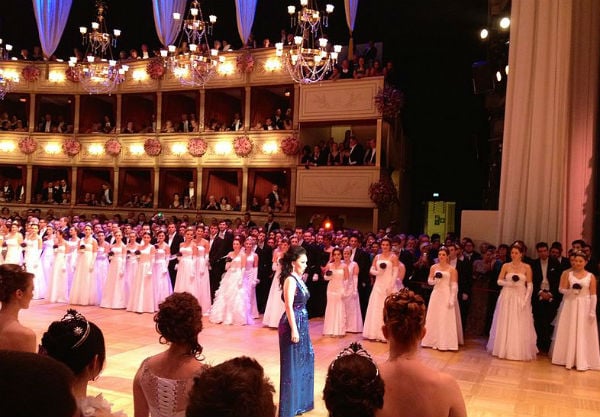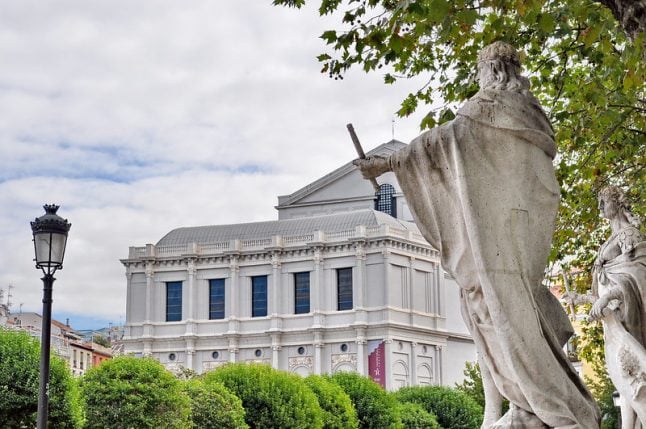The prestigious social event attracts celebrities from around the globe. This year Austria’s new president Alexander Van der Bellen will be attending, accompanied by his wife. Chancellor Christian Kern will also be attending, for the first time in his official function as head of the government. American actress Goldie Hawn will be Austrian billionaire Richard Lugner's celebrity guest.
The ball has taken place each year on the Thursday before Lent since the mid-19th century. Tickets cost from around €215 to €16,000 for one of the coveted private boxes.
For the first time a woman, Italian Speranza Scappucci, will conduct the ball. Star tenor Jonas Kaufmann will perform ‘La fleur que tu m'avais jetee’ from Carmen. In another first, there will be a general smoking ban throughout the Opera House. There will be heated smoking zones with a bar under the arcades on either side of the building.
The Ringstrasse will be closed to general traffic between Schwarzenbergplatz and Operngasse from 8pm to around 11pm, while the guests arrive. From 7pm the tram lines 1, 2 and D will be rerouted via via Schwedenplatz and Schottenring. Bus lines 71 and 59A will also be affected.
For the first time in several years there will also be a demonstration against the ball, organised by the Communist Youth (KJÖ) and Communist Student Union (KSV), which will meet in the 15th district at around 4.30pm and march down Mariahilferstrasse to the Omofuma monument. They are protesting against what they see as a decadent display of wealth, at a time when many people are living in poverty.
ORF television will feature a live broadcast of the ball, for around three hours.



 Please whitelist us to continue reading.
Please whitelist us to continue reading.